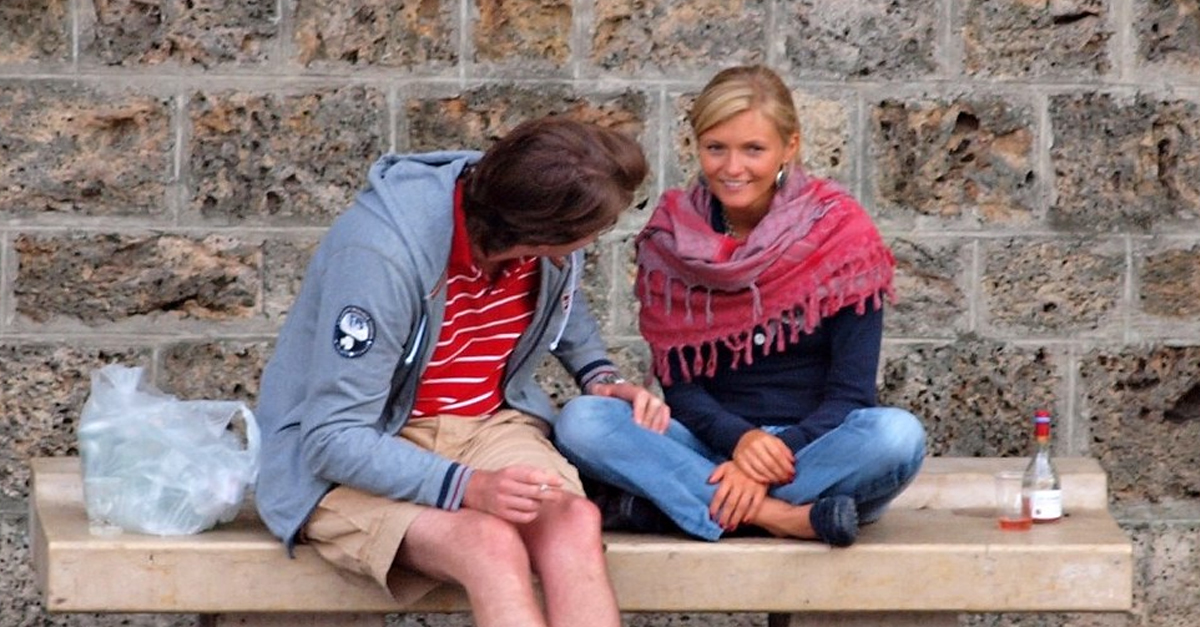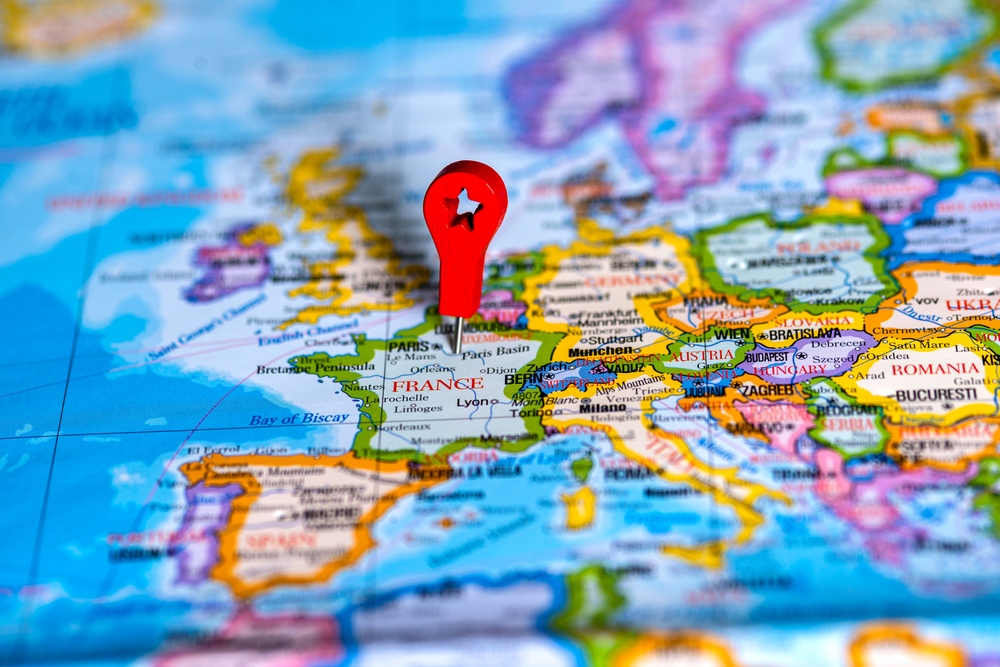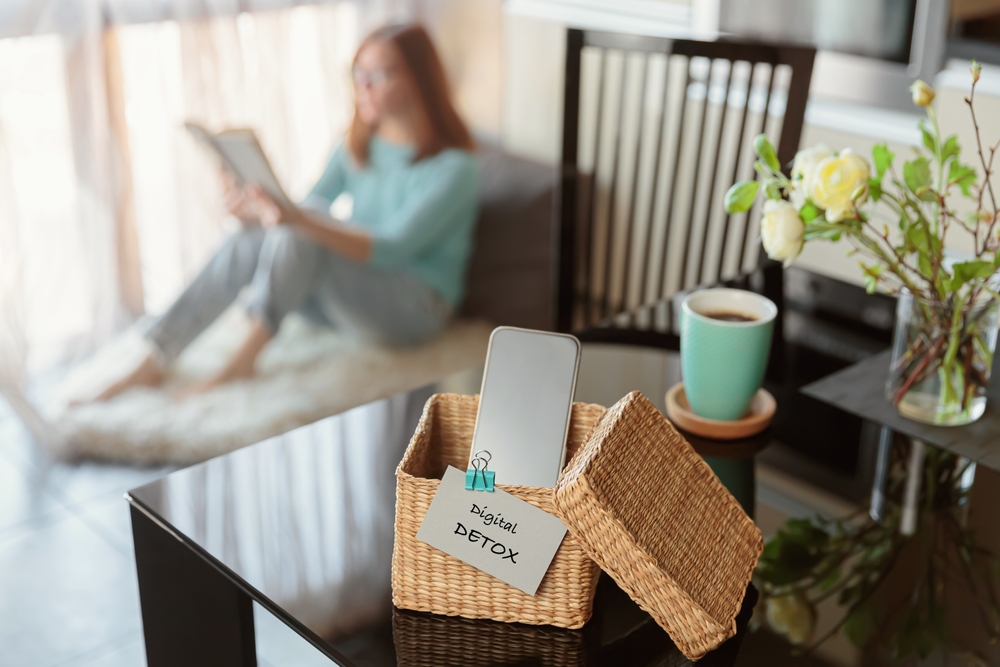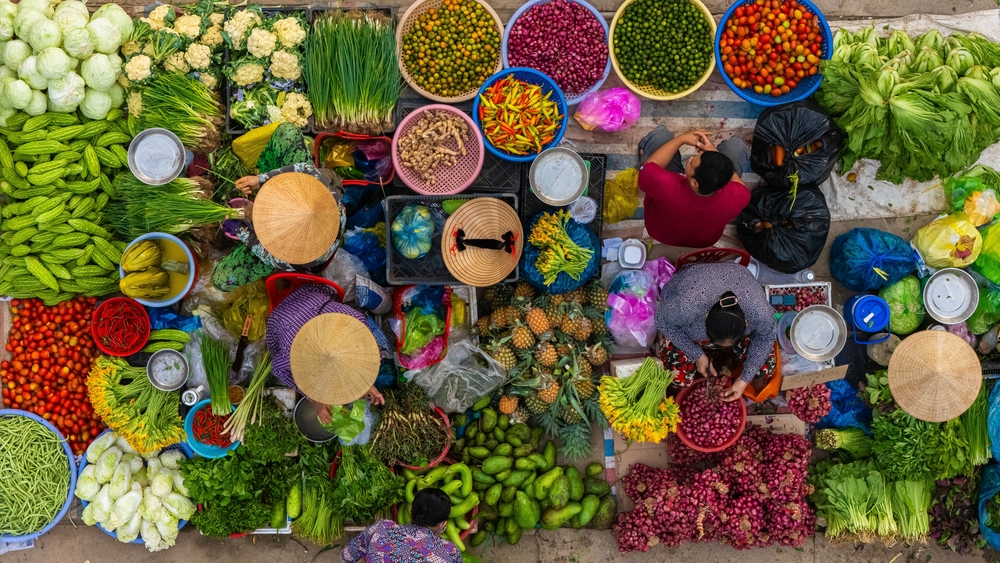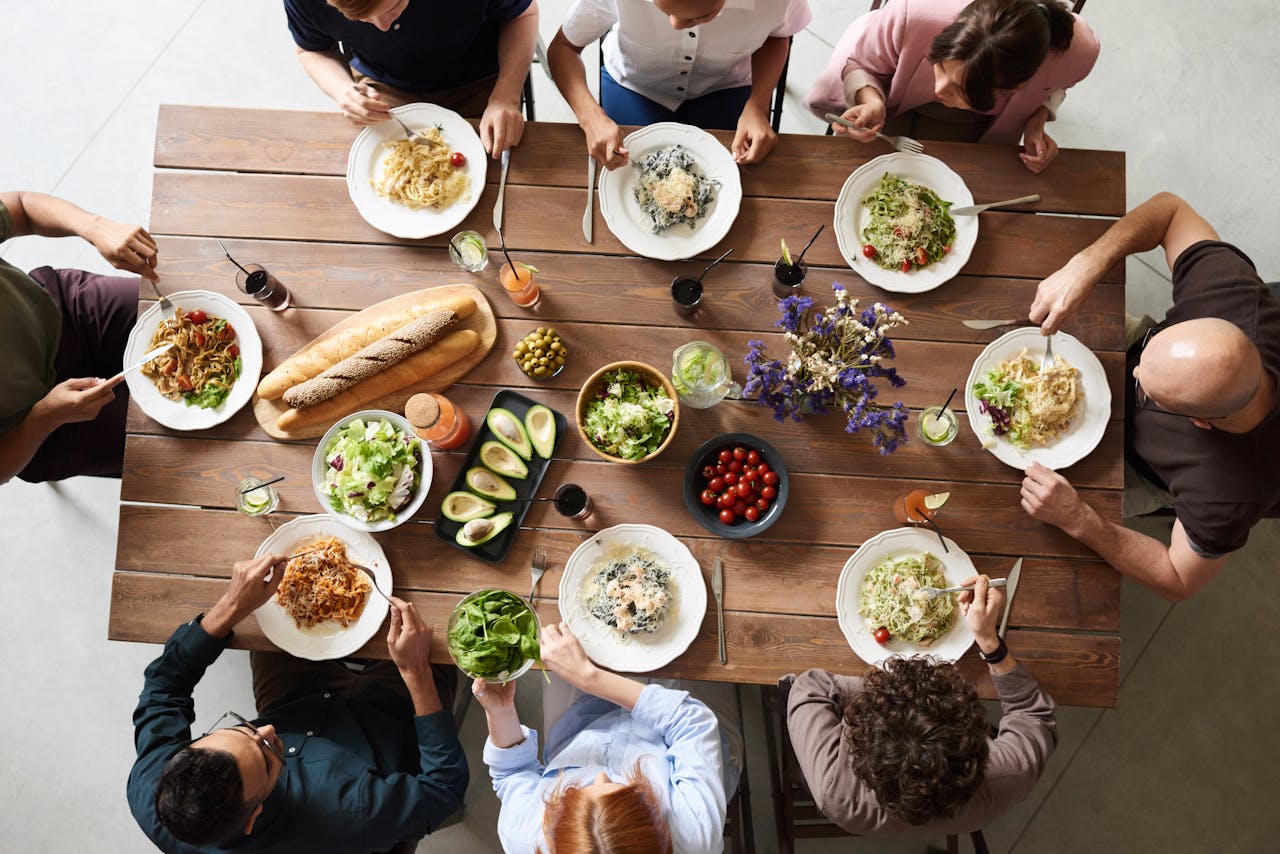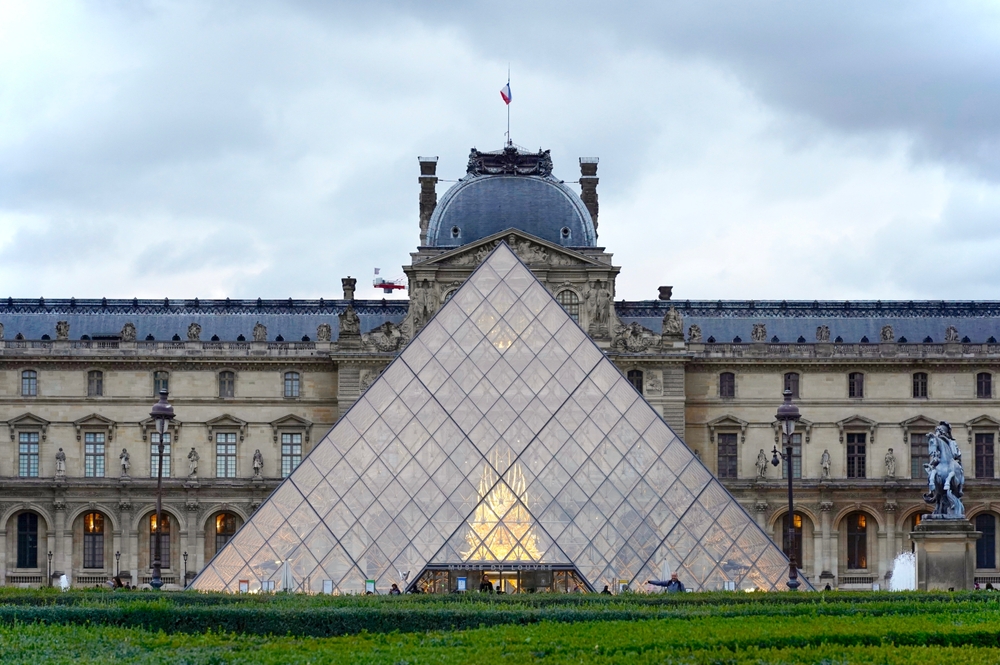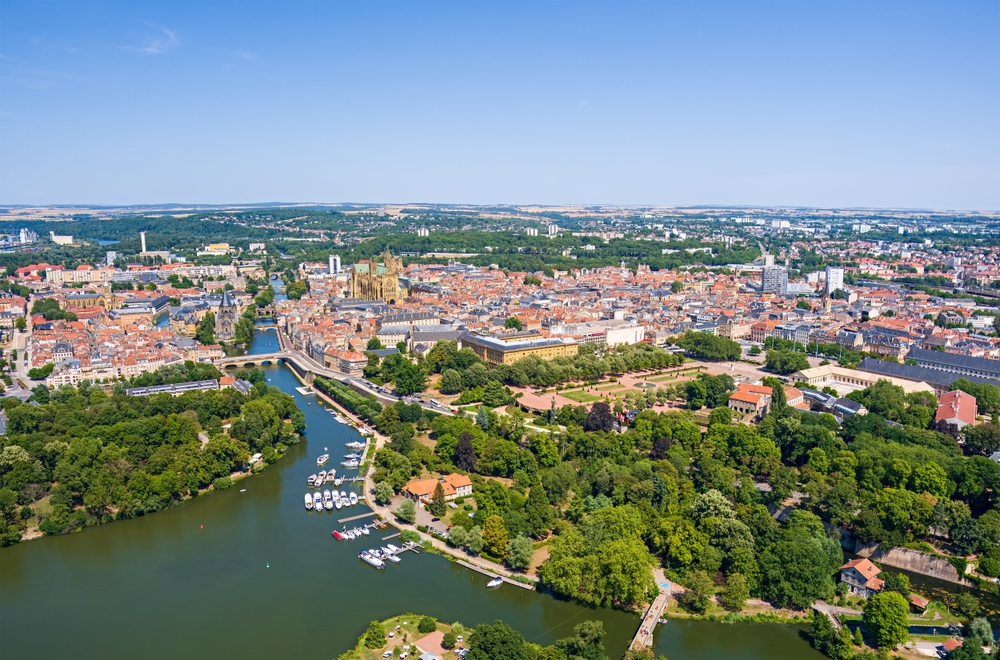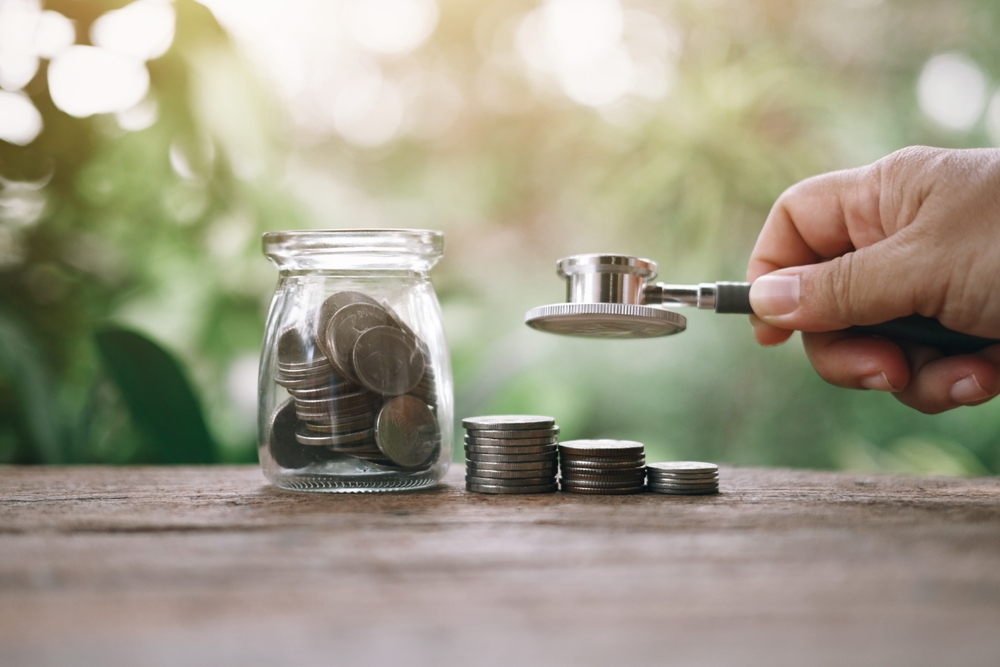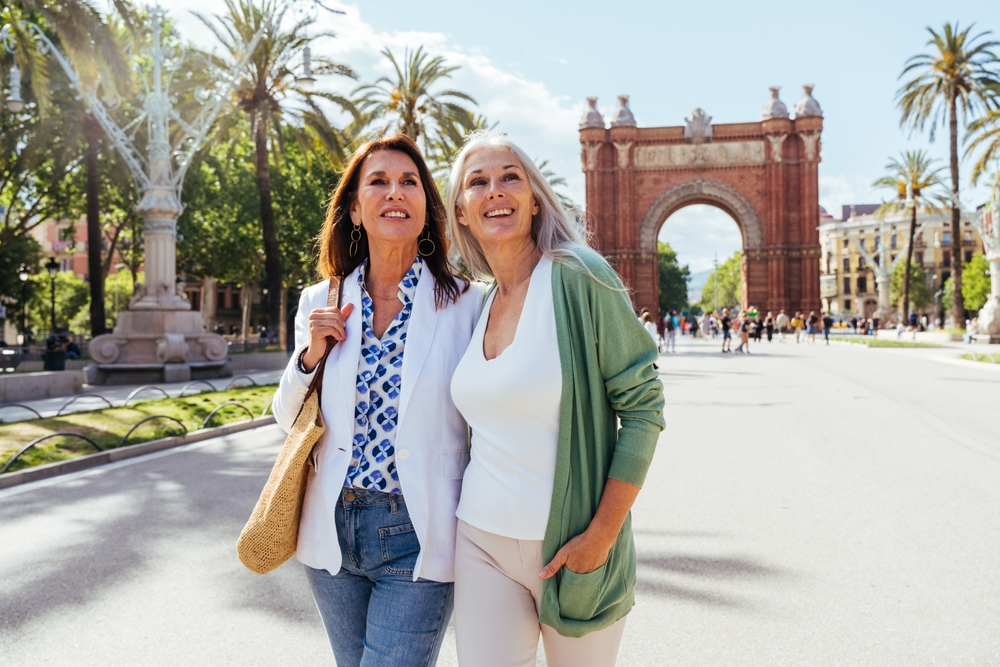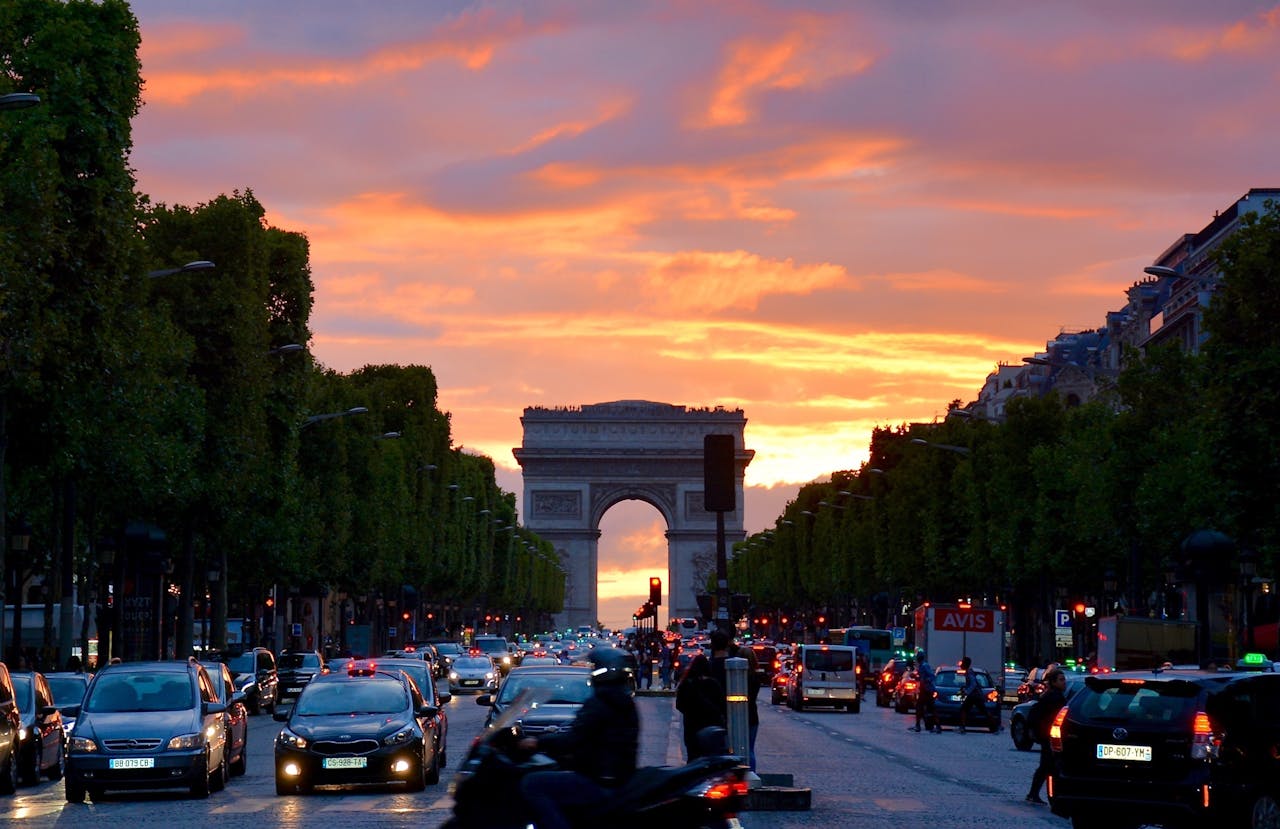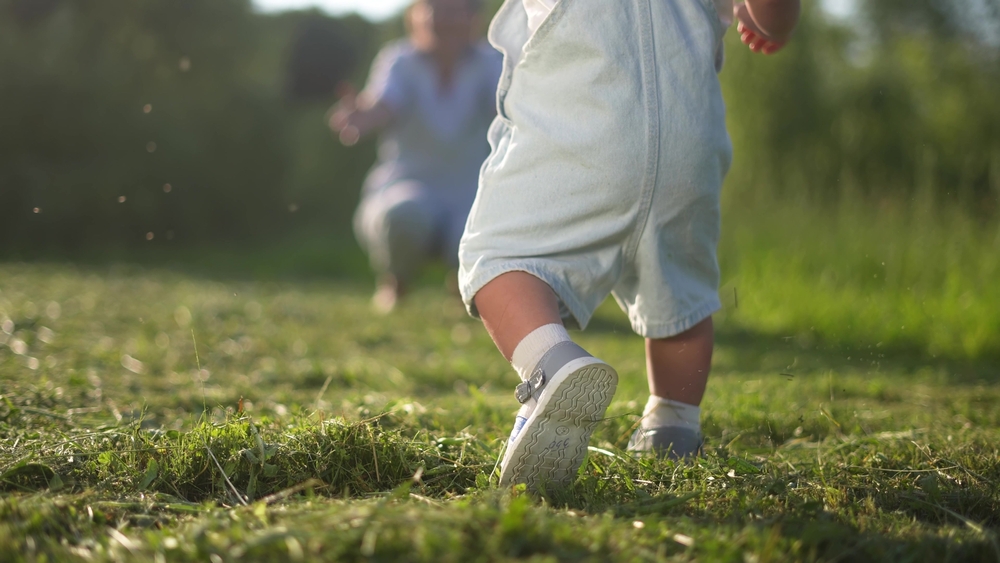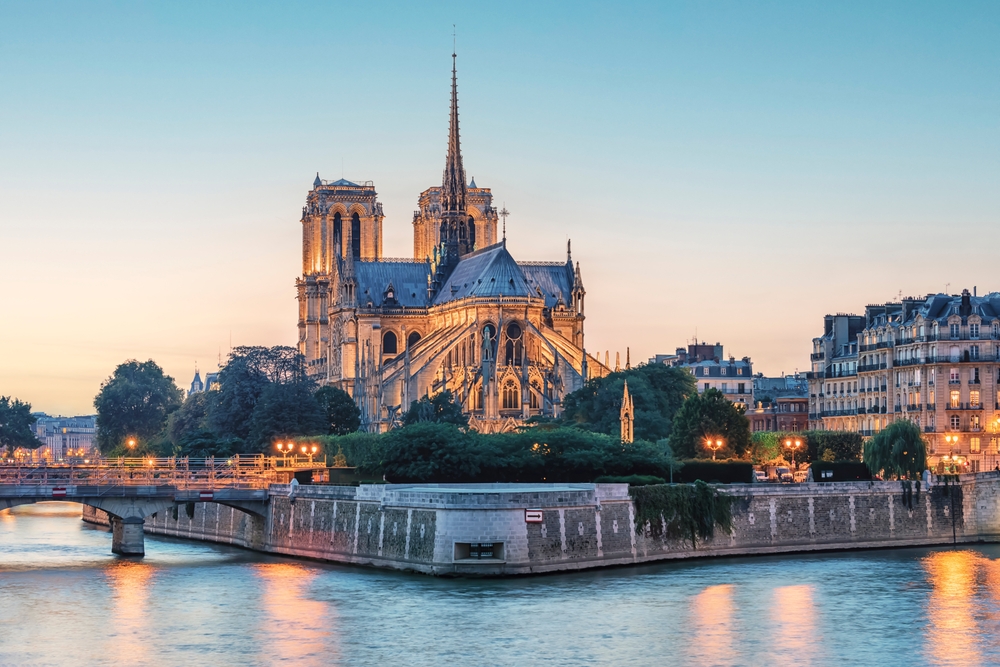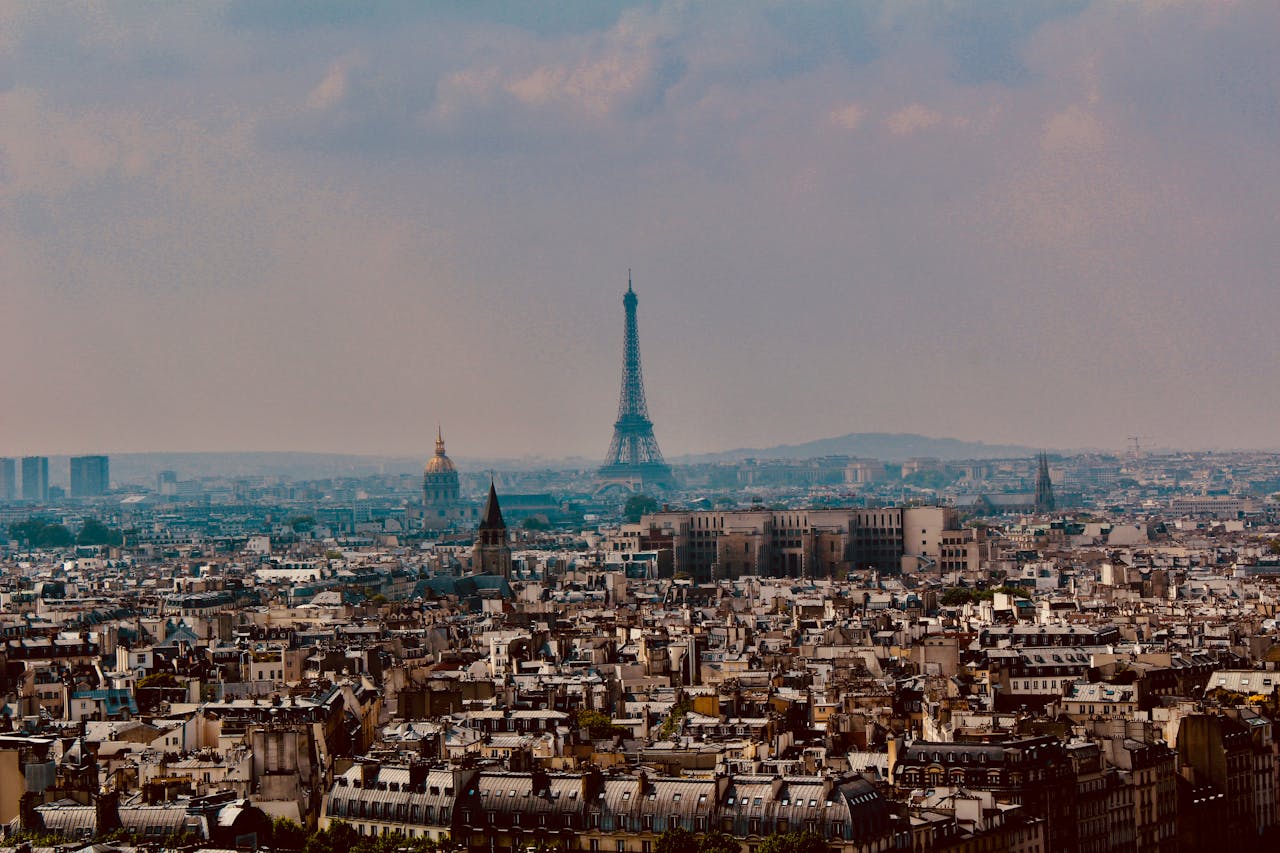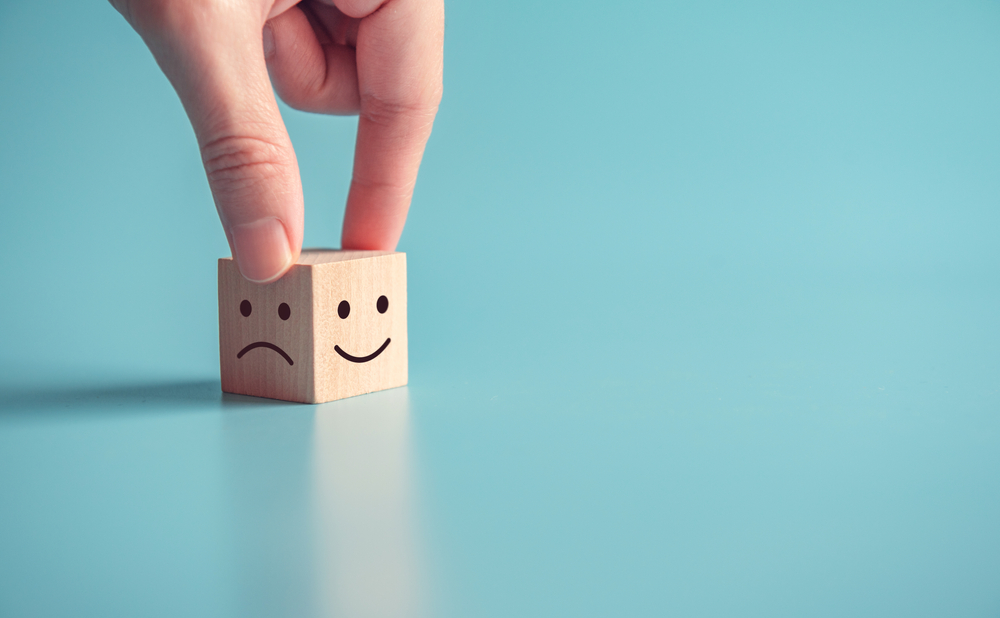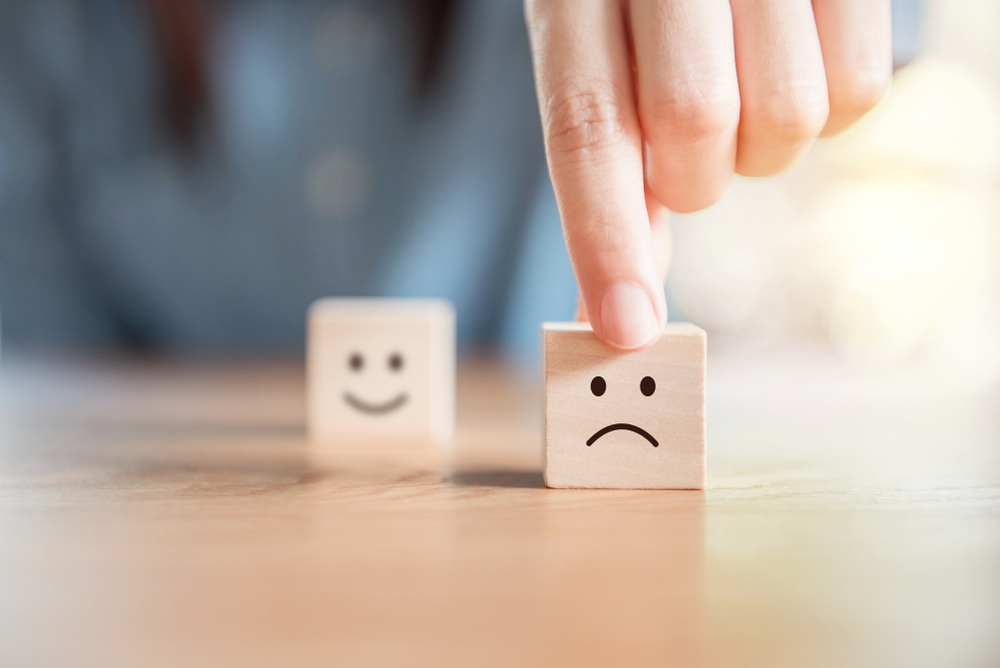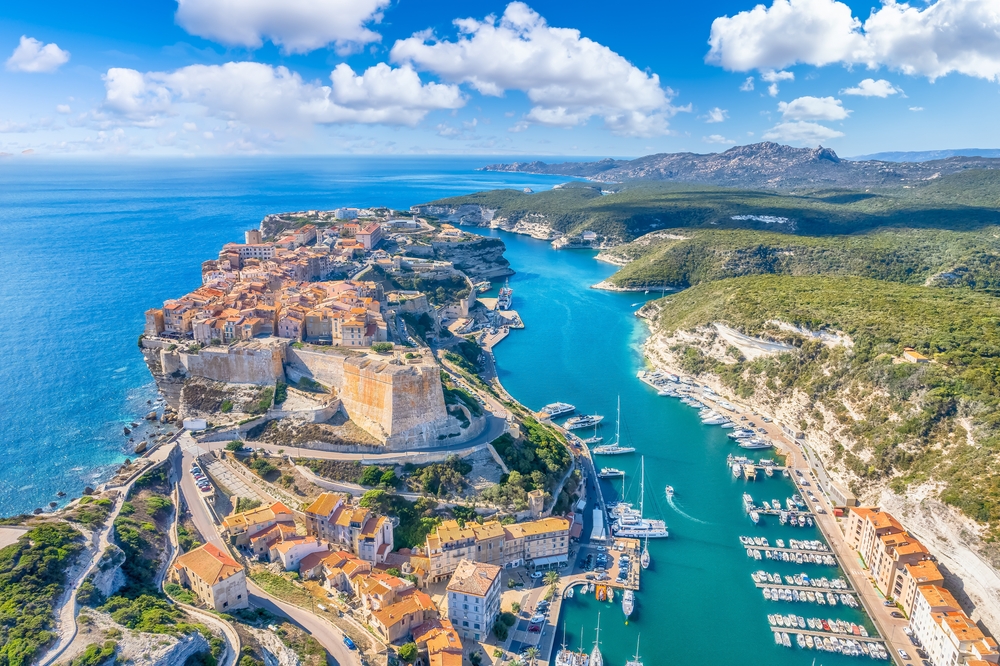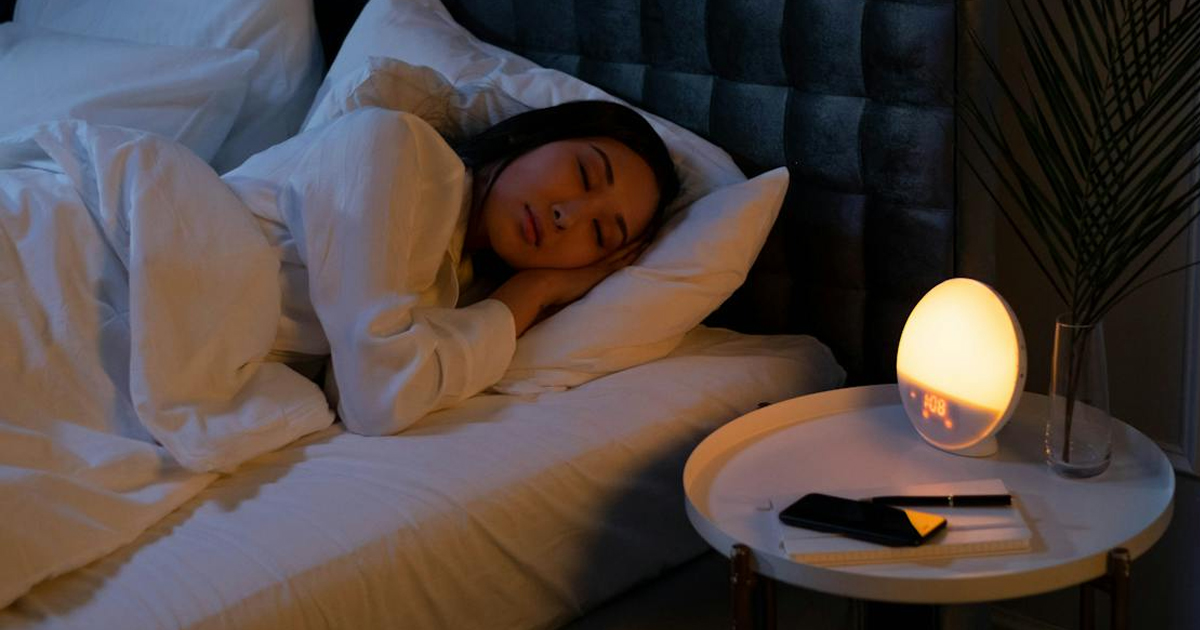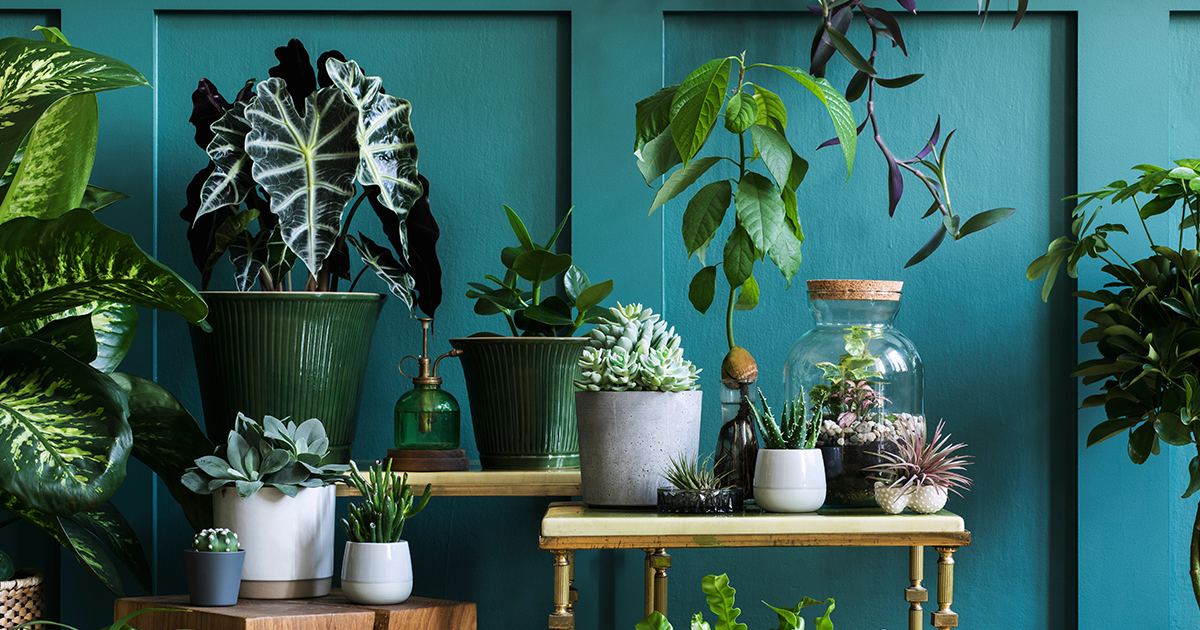The Happiest People In The World
The happiest people in the world are 50 to 65-year-old couples without kids living in the west of France. At least, according to a major new French study.
Covid caused happiness to dip all around the world, so what can we learn from happiest of us?

France Tops The List
The French Institut national de la statistique et des études économiques conducted their study of populations worldwide, and they found that people in France scored their happiness at a 7.4 out of 10 on average, with 0 being "not at all satisfied with your life" and 10 being "completely satisfied".
So how can we get our scores as high as theirs?
They Take Pleasure In Living
Work culture in France is starkly different than in North America. Case in point: In 2017, they actually signed "the right to disconnect" into law, meaning workers have no responsibility to complete work tasks like emails on the evenings and weekends.
Clearly, people in France care about their leisure time.
They Have Five Weeks Paid Vacation
French people are required by law to get give weeks of paid vacation—and that's not even counting their 11 national holidays.
They Connect Through Food
Food is a social activity in France, and they place much more importance on quality meals. Rather than buy pre-packaged food at the grocery store, French people are far more likely to purchase their staples at a local market from a local grower, building community connections through something as simple as food.
They Eat Together
Across countless studies, strong social bonds are the number one factor in overall happiness—and French food culture strengthens these bonds.
When French people gather to cook and to eat, they do it right.
Their Meals Last Forever
A French meal can last hours, especially on the weekends. These nurturing French gatherings are such a balm to the soul that in 2010, UNESCO recognized the French meal as part of the "Intangible Cultural Heritage of Humanity".
Have a long French meal with family and friends and it's not hard to see where the happiness comes from.
They Care About The Arts
In France, a legal status called intermittent du spectacle protects the rights of musicians, writers, filmmakers, artists an more.
The status essentially ensures a certain level of income from the government to give artists time to create, infusing French culture with art and beauty.
They Engage With Culture
Engaging with culture has been proven to increase overall happiness, and there are few places on Earth that make it easier than France. From artistic competitions to public museums to celebrating public green spaces, France takes its culture seriously—and its people are happier for it.
They're Individuals
French people value style and beauty more highly than many cultures, but individual expression means more than conforming. It means feeling good.
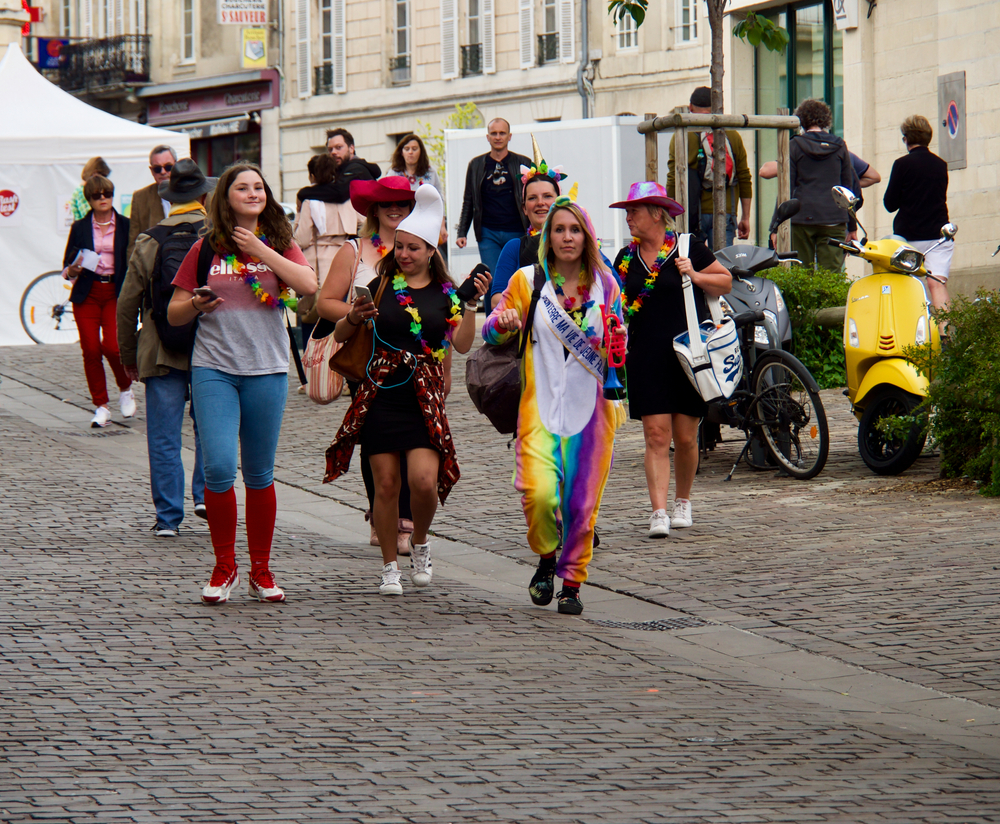 Krzysztof Pazdalski, Shutterstock
Krzysztof Pazdalski, Shutterstock
They Don't Believe In Guilty Pleasures
Plaisir is a word you'll find French people using pretty much every day—but they aren't about to feel guilty about it. French people embrace happiness and pleasure, and don't feel bad about it.
There Are Many Factors To Consider
But while French culture clearly seems to produce the happiest people in the world, there are definitely other factors to consider. There are many aspects of happiness that you can control, but there are still a lot that you can't.
Money And Health Are The Most Important
The French study showed that being young, in good health, gainfully employed, and with disposable income were by far the most obvious predictors of overall happiness—not too surprising.
But when you dig deeper into the study, there's far more interesting information to take away.
There Are Big Peaks And Valleys
The study found that happiness in France usually peaks for people at the end of adolescence, then starts to take a nosedive. Happiness continues to fall as people get older—but there's a light at the end of the tunnel.
Things Will Turn Around
After many years of relative unhappiness, the study saw people's scores suddenly begin to rise again starting at around age 50. After that, things start looking up.
The Golden Years Are The Best
The highest average scores for happiness came from people 50 and older, peaking at around age 65. But as you can imagine, it doesn't stay at the peak forever.
Happiness Falls At The End Of Life
Though happiness reaches its peak around retirement age, unsurprisingly that doesn't last forever. Happiness scores tend to start falling again after age 80.
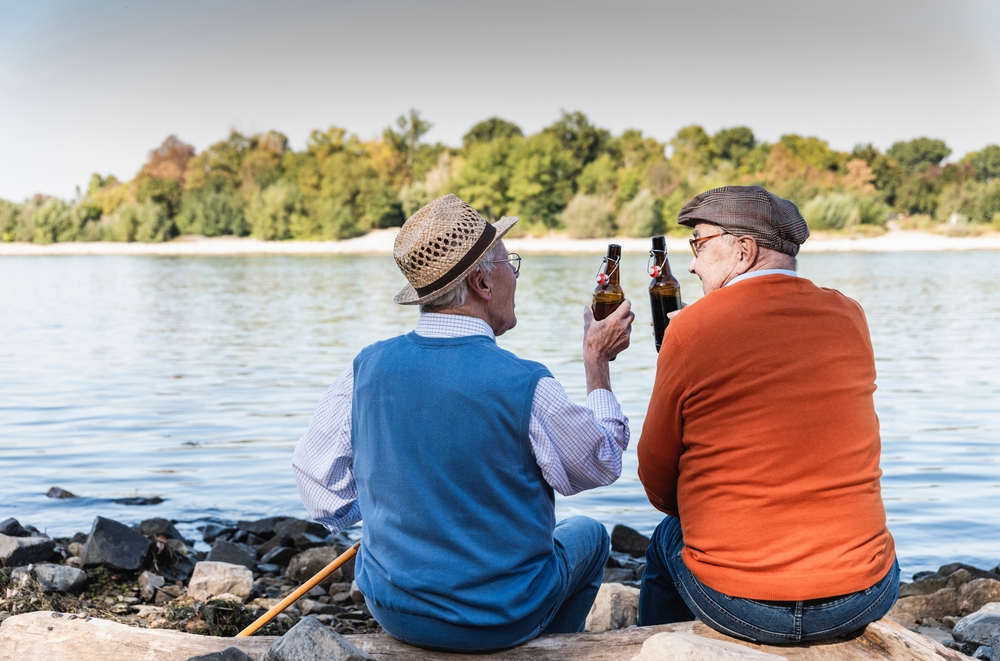 TunedIn by Westend61, Shutterstock
TunedIn by Westend61, Shutterstock
The West Of France Is The Happiest
Among the French, the highest scores came on the west coast of the country, from Pyrénées‑Atlantiques to Finistère.
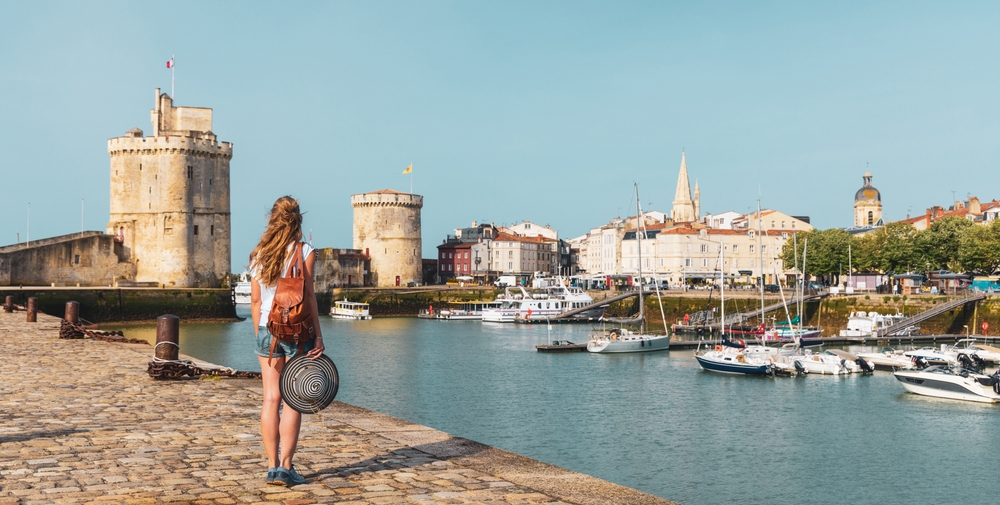 margouillat photo, Shutterstock
margouillat photo, Shutterstock
A Solid Identity Helps
Among French people in the study, those who were born in France with French ancestry noted higher levels of happiness than people who either immigrated or were born to immigrant parents.
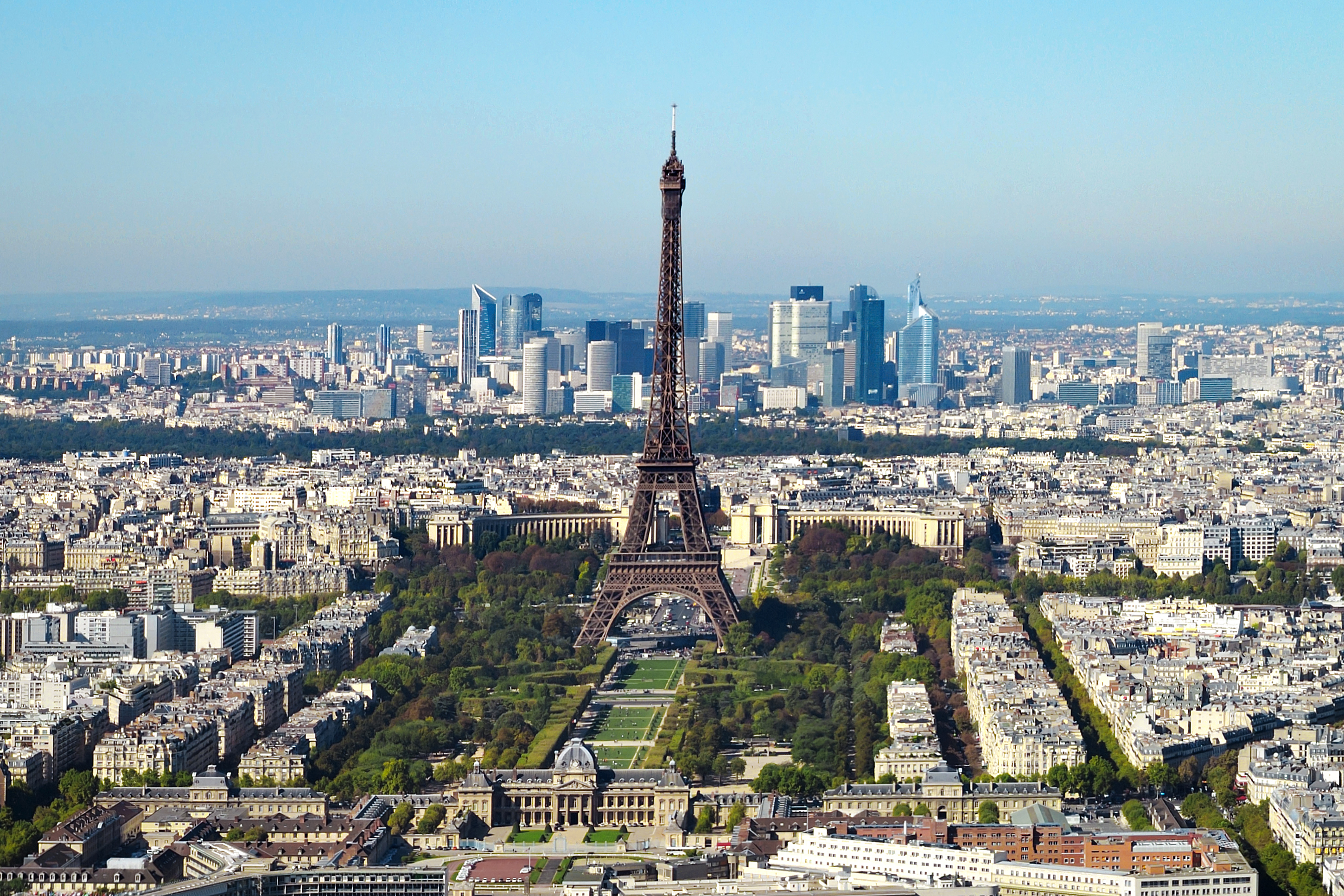 Taxiarchos228, CC BY 3.0, Wikimedia Commons
Taxiarchos228, CC BY 3.0, Wikimedia Commons
They Like To Be Among French People
Somewhat paradoxically, non-French people in the study actually noted higher levels of happiness when they lived in places with more French natives and fewer foreigners.
Double Income No Kids
In general, a solid relationship was a strong factor in happiness—but the study found that couples without kids showed much higher levels of contentment than those with kids.
Children Become A Burden
One of the authors of the study, Stéphane Legleye, put it like this: "Children are a joy when they arrive. But once you live with them, after the wonder has passed, they become a burden, especially in terms of organization".
Cities Won't Make You Happy
People in Paris and comparable urban environments noted lower levels of happiness compared to people who live in the country—but it can still get worse.
The Suburbs Are The Worst
The lowest scores came from people who lived on the outskirts of large cities like Paris, Bordeaux, and Marseilles.
Small Cities Are The Place To Be
The highest general happiness came in cities that ranged from 200,000 to 700,000 people, though the marginal suburban areas of these cities still see a dip in happiness.
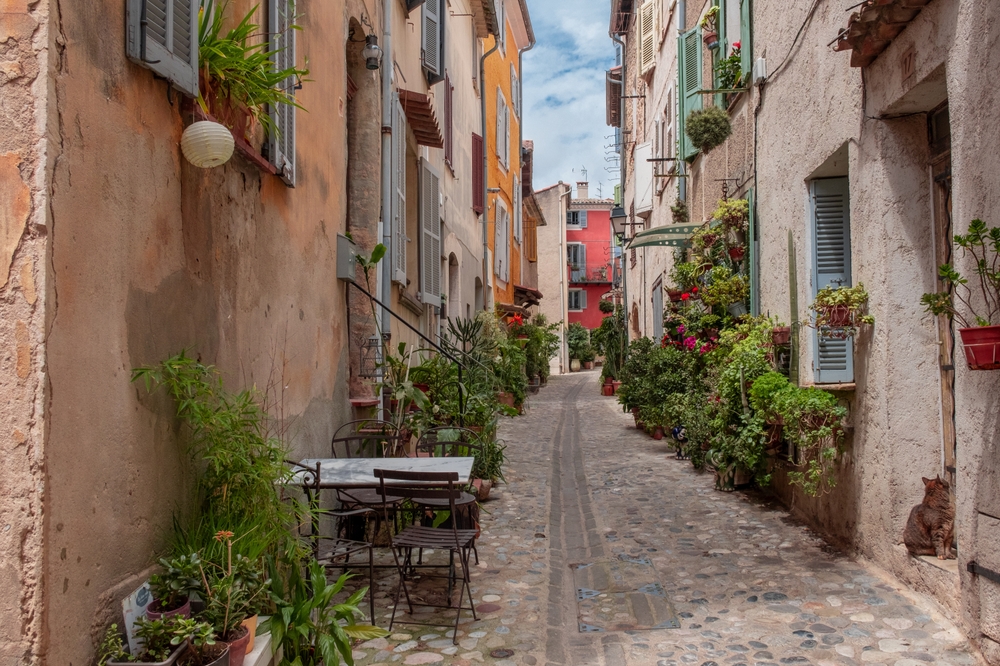
Men And Women Tend To Have Different Needs
When asked where they derive their happiness, men in the study tended to say hobbies and work, whereas women placed more weight on social relationships.
Take It With A Grain Of Salt
While there was a strong contrast people male and female responses to this question, the authors of the study were quick to note that social pressure could be a major factor in these scores.
Happiness Is Going Down
Happiness scores from 2010-2012 tended to be higher when compared to the same study conducted between 2017 and 2019, indicating that overall happiness levels have been going down for over a decade, even before the pandemic.
Unless You're Corsican
There are always outliers, and happiness levels in Corsica actually went up over the same span, while some regions in the south of France showed levels remained nearly the same.
Global Events Are Causing Anxiety
The effect that the pandemic had on overall satisfaction and happiness is obvious. In early 2020, happiness scores in France averaged 7.2 out of 10. By the following year, that number fell to 6.8.
Happiness Reached An All Time Low
Scores in 2021 were the lowest that the researchers had seen since they started tracking this data in 2010.
Insee said that the considerable drop was linked to "lifestyle changes" and "anxiety" due to the pandemic, and had been felt "at all ages and in all social categories". But there's never been a better time for things to start looking up!
 AlessandroBiascioli, Shutterstock
AlessandroBiascioli, Shutterstock

